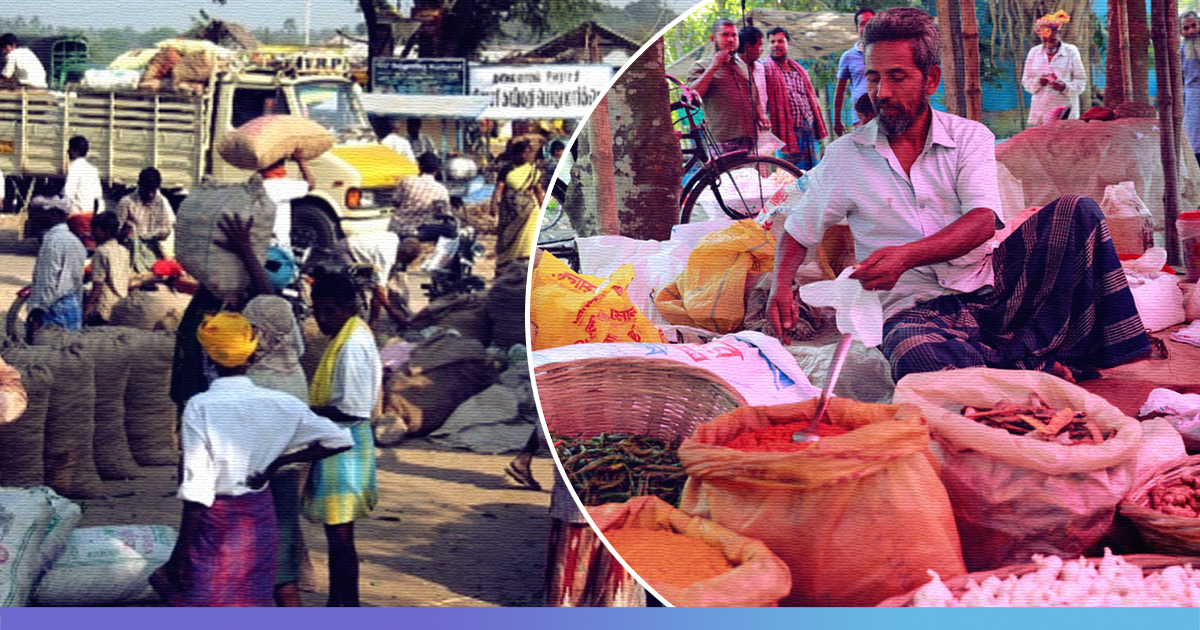Demand for consumer goods in rural India recorded its worst performance in the last seven years, as growth slumped to 5% in the September quarter of 2019, from 20% in the corresponding quarter last year, according to a report from market research firm Nielsen.
Rural India accounts for 36% of total expenditure on FMCG products in India. Historically, this market has grown 3-5% higher than urban India.
However, in the September quarter of 2019, urban demand increased by 8% against the 5% clocked by rural. While this is due to a sharper slowdown in rural demand, Nielsen’s report also noted that distribution in rural India has steadily dipped.
According to Nielsen, India’s FMCG market recorded value growth of 7.3% in July-September 2019, down from 16.2% in the corresponding quarter. The growth trend continues to be affected by the fall in consumption, which has moved to 3.9% in the period, down from 13.2% in July-September 2018.
Price-led growth is constant at 3.4% this quarter. The trend is not likely to be very different for the January-March quarter of 2020.
Speaking on the findings, Sunil Khiani, head (retail management services), Nielsen, said, “Distribution is moving down in rural India, which means fewer products are reaching to the outlet, which impacts the intermediaries”.
“Also, the per dealer offtake in rural India is significantly slowing down, which means that they are selling less and stockingless, which impacts the trade. “It is not just the end Kirana store or trader getting impacted but also everyone in the chain will get impacted,” he said.
In terms of regions, the Northern market has seen maximum impact where volume growth is almost flat at 1% in July-September 2019, against maximum growth of 17% in July-September 2018, as per the report. The Northern part of India is a more price-sensitive market as the contribution of rural is at 37%.
Inflation and slowdown pressure has compelled some of the smaller and more affordable category players to quit.
In contrast, urban South has reported higher growth at 12% compared to last year’s 10%. This is a sharp reversal in trend, as urban growth at 8% is higher as compared to that of rural.
Since the global financial crisis in 2008, consumer companies improved entry into rural India, which helped them tackle a slowdown in the urban markets. A rise in rural disposable incomes increased affordability and the rise of modern trade resulted in higher demand. Additionally, government-led investments in rural India spurred this growth at that time.
However, in recent periods, rural growth is slowing down at a much faster rate compared to urban.
The trend of rural growth crossing urban may have reversed in the third quarter (July-September) 2019, says the report.
Rural distribution growth has continued to slip down. Small manufacturers have seen the biggest drop in cumulative distribution growth where it has moved from 18% in the third quarter of the calendar year 2018 to no growth in the same period this year.
For large manufacturers, the distribution growth has halved.
Khiani claims that the cash crunch and lack of disposable income have hit consumption, which is a “concern”.
In terms of regions, growth in north India is affected more as compared to southern India, given its dependency on rural, which is seeing an increase in unemployment. “Slowdown in auto and auto ancillary units is another sector that is slowing down which adds to the unemployment and fall in disposable incomes in the North,” he said.
Maintaining the guidance on FMCG growth, Nielsen suggested, for July-September 2019, growth was in line and came in at 7.6% against a prediction of 7-8%. With the growth in the e-commerce sector, the year-end forecast for all-India FMCG continues to be in the 9%-10% range.










